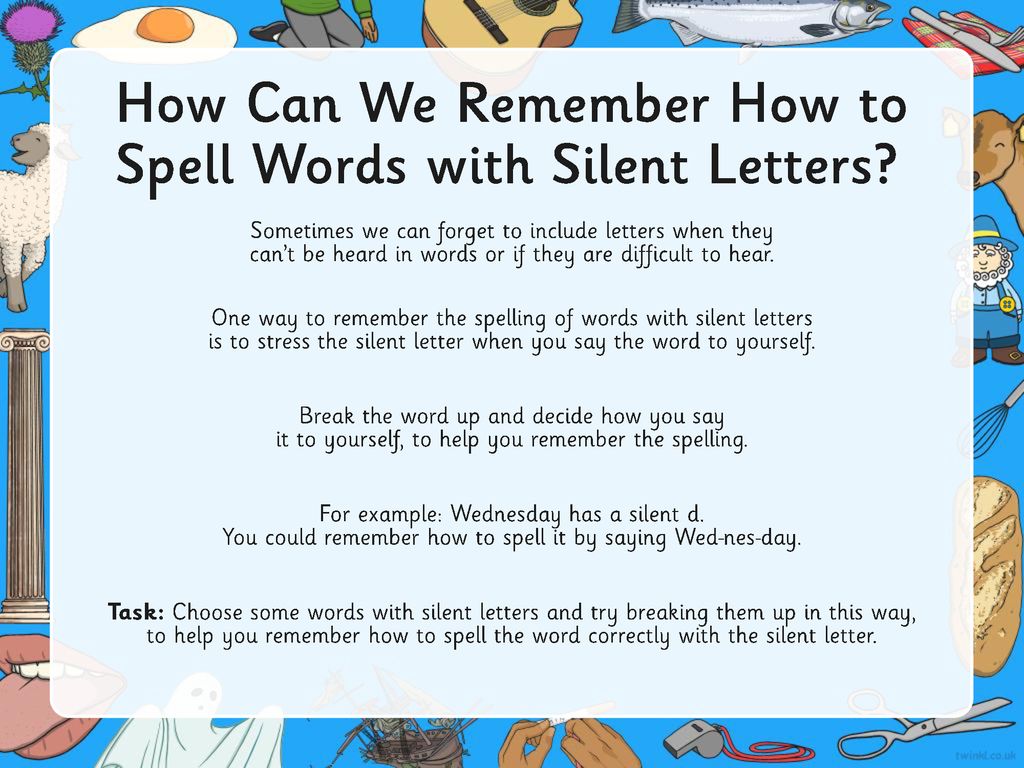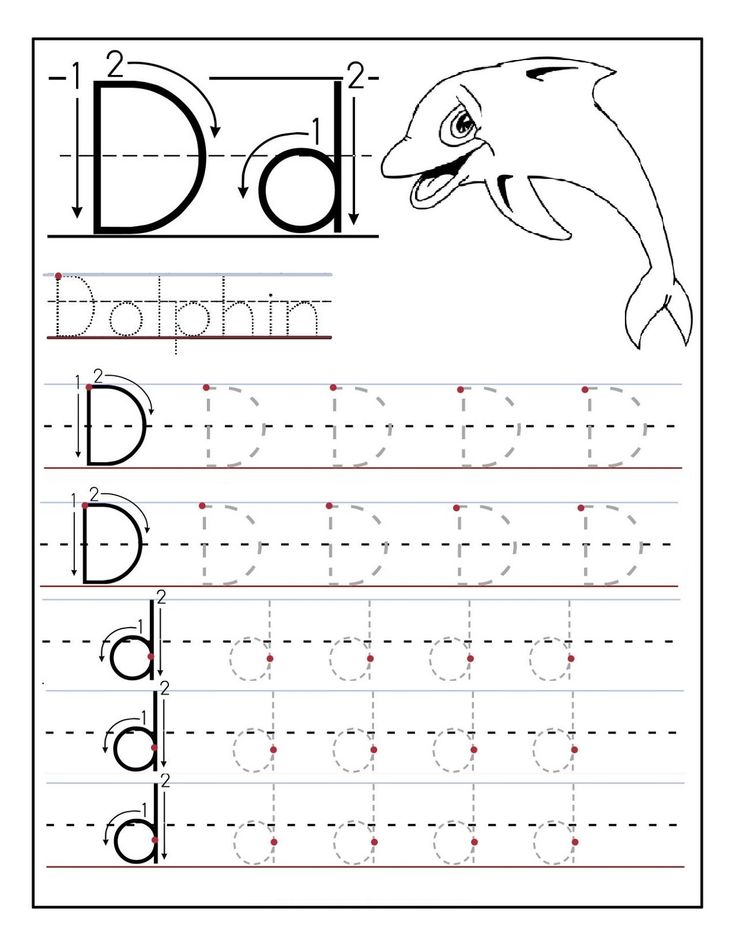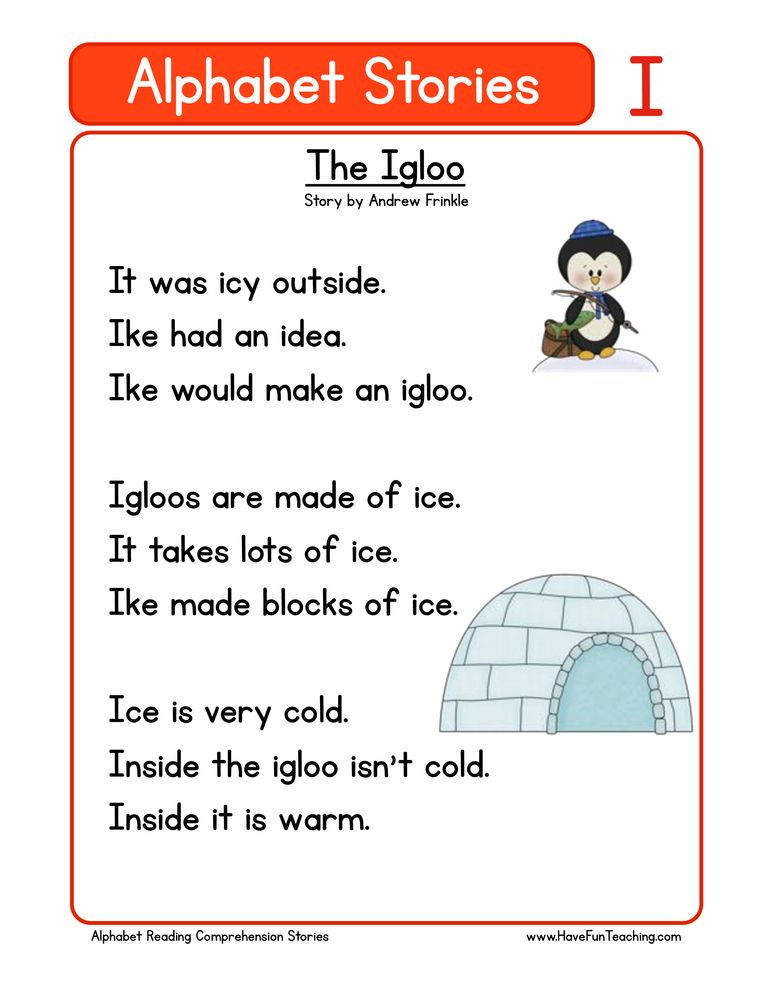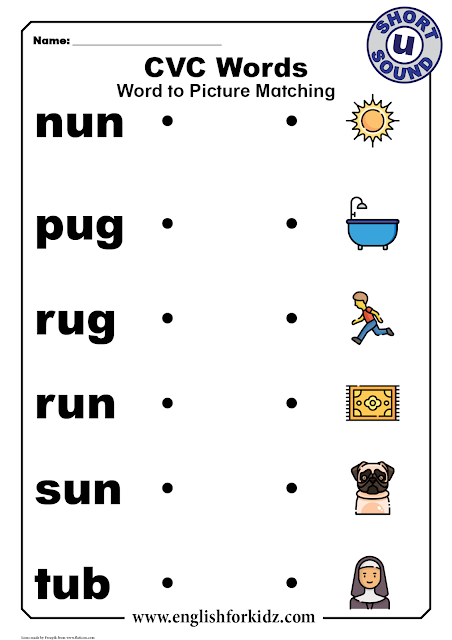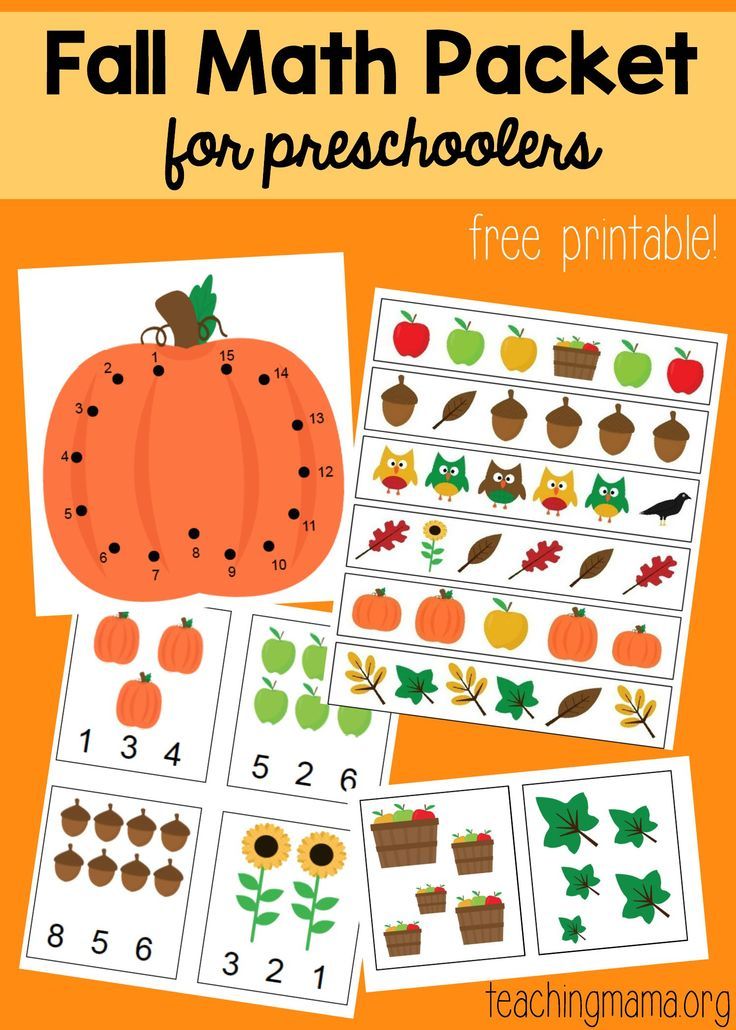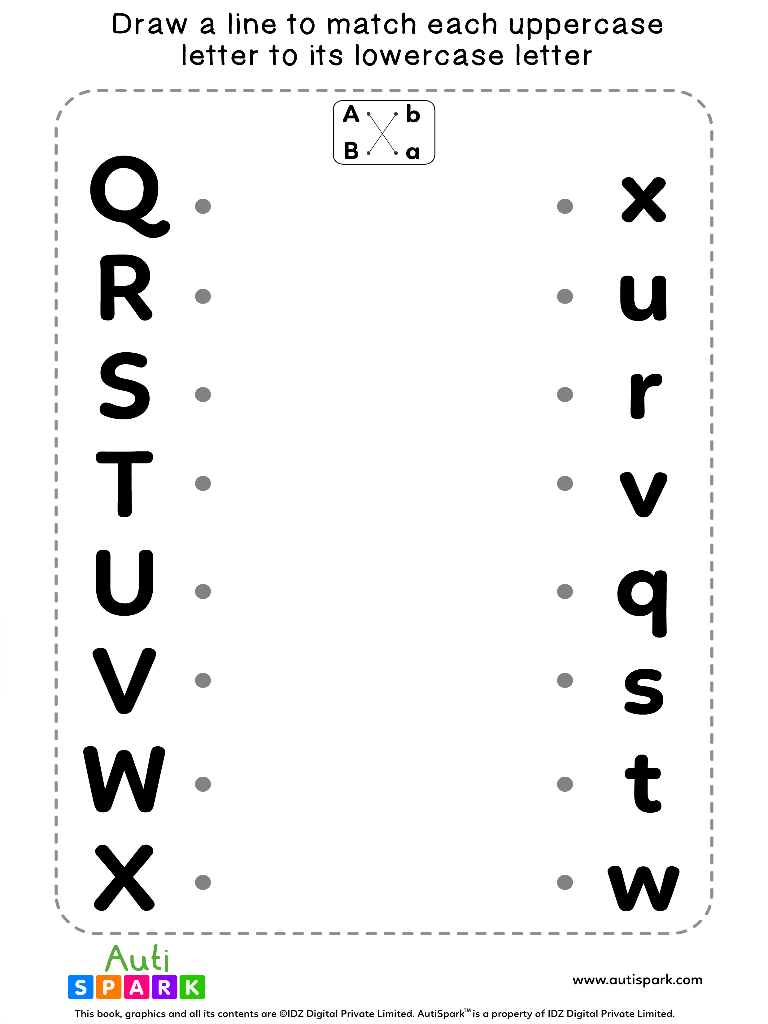Invented spelling definition
Invented Spelling and Its Role in the Learning Process
When you live in a world filled with LOLs and BRBs, it’s not surprising to see many words with invented spellings. The trouble is, no award-winning author actually thought “tho” was the correct way to spell “though.” So, does invented spelling fit anywhere into the learning process? The honest answer is yes. Invented spelling isn't something that can be totally avoided. In fact, it's a natural part of developing spelling skills. Take a look at how to incorporate this simple fact of life into your next spelling lesson.
Children Drawing Invented Spelling
Advertisement
About Invented Spelling
Invented spelling, sometimes referred to as inventive spelling, is the practice of spelling unfamiliar words with an educated guess based on phonetic knowledge. Examples of invented spelling include:
- "iz" for "is"
- "flawrs" for "flowers"
- "is cream" for "ice cream"
- "lov" for "love"
- "prpul" for "purple"
- "culrs" for "colors"
- "difrint" for "different"
Invented Spelling Research
In 1975, linguist Charles Read conducted a study of preschoolers who were beginning to relate letter names to the sounds of the alphabet. He discovered that students commonly "invented" spellings for words in their daily vocabulary by rearranging letters to fit their perception of the rules of the English language.
Read concluded, "One sees clearly that different children chose the same phonetically motivated spellings to a degree that can hardly be explained as resulting from random choice or the influence of adults." A key takeaway from this study is that learning how to spell is much more than just memorizing words. It's a developmental process that goes far beyond just exploring the relationships between the symbols used to illustrate speech sounds. Thus, the process of invented spelling can play an important role in leading young learners to develop a deep, phonetically-based understanding of how to spell many words.
Key Considerations for Invented Spelling
Many teachers consider invented spelling to be a developmentally appropriate step in the early stages of a child’s reading and writing.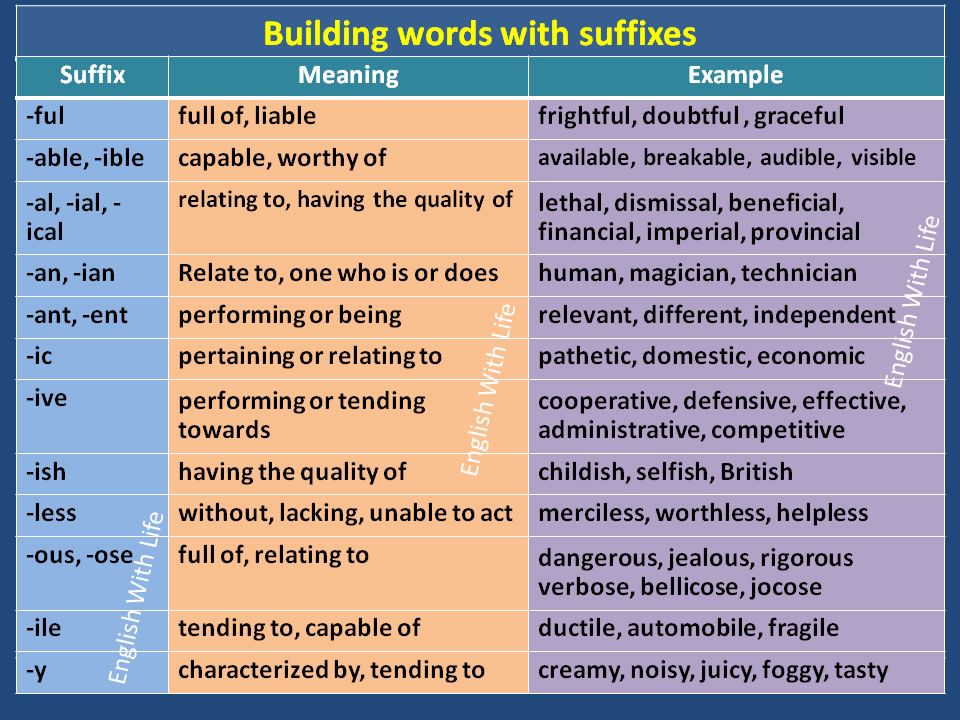 Proponents argue that invented spelling does not interfere with a child's ability to spell correctly in later years.
Proponents argue that invented spelling does not interfere with a child's ability to spell correctly in later years.
Invented spelling can be compared with the efforts a child makes when first learning to speak. A parent wouldn’t criticize a child's first attempts to reproduce the sounds of the verbal language. Accordingly, a child's efforts to master written communication skills should also be encouraged. After all, young learners have to start somewhere.
The Advantages of Invented Spelling
It's important to note that, from a technical standpoint, invented spelling is not an instructional technique. It’s merely a natural process that all children use as they’re beginning to write. There are advantages to incorporating invented spelling into the classroom. When monitored closely, it can offer a number of benefits for blossoming spellers.
- Invented spelling can help build a sense of confidence, pride and control over the learning process.
- It allows students to express themselves creatively through writing without worrying about the spelling of unfamiliar words.
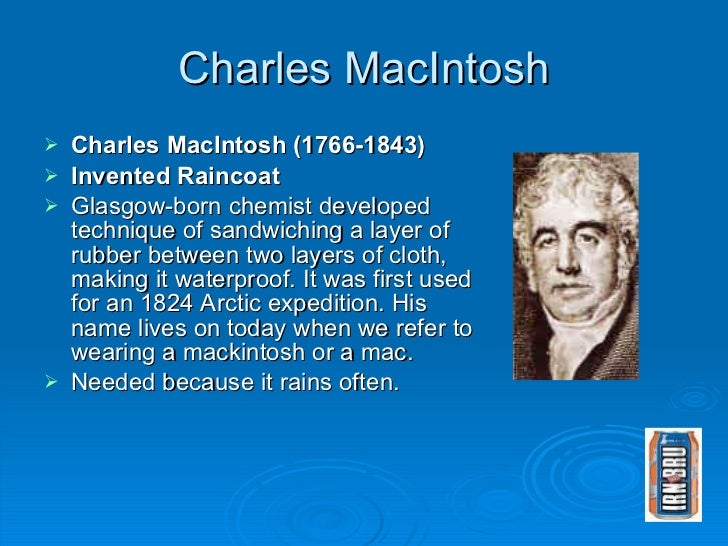
- Writing using invented spelling techniques allows for extensive practice of phonics because students are using letters to represent the sounds they hear.
- Teachers can discover important information about a student's growing knowledge of phonemes by reading a composition that the student created using invented spelling techniques.
Advertisement
The Disadvantages of Invented Spelling
In a classroom where invented spelling is allowed, a teacher wouldn’t deduct points from the student's grade for misspelled words in a composition. The potential disadvantages of allowing invented spelling are probably what you’d expect.
- It may reduce the incentive for children to learn to spell words correctly.
- It could possibly lead to problems in communication since others may not always be able to decipher what the student has written.
- Highly logical children may become frustrated when the teacher doesn’t insist there’s only one correct way to spell a particular word.

Using Invented Spelling to Encourage Reading and Writing
Learning to spell, just like learning to speak, is an ongoing process. There are a few important tips to keep in mind if you are a parent or teacher of a child in a school where invented spelling is encouraged.
- Provide writing opportunities on a regular basis. At home, parents can encourage children to help prepare shopping lists, write letters to grandparents or make up a story for a younger sibling.
- Resist the urge to criticize or point out mistakes with what the child writes. The goal of invented spelling is to promote creative expression.
- Refer to the child's creative spellings by the title of "invented spelling" to help distinguish them from the correct conventional spelling.
- Ask children to read their writing aloud. This will help you decipher how they have spelled words while also giving them reading practice.
- Be sensitive to the struggles children face as they seek to master the written component of the English language.
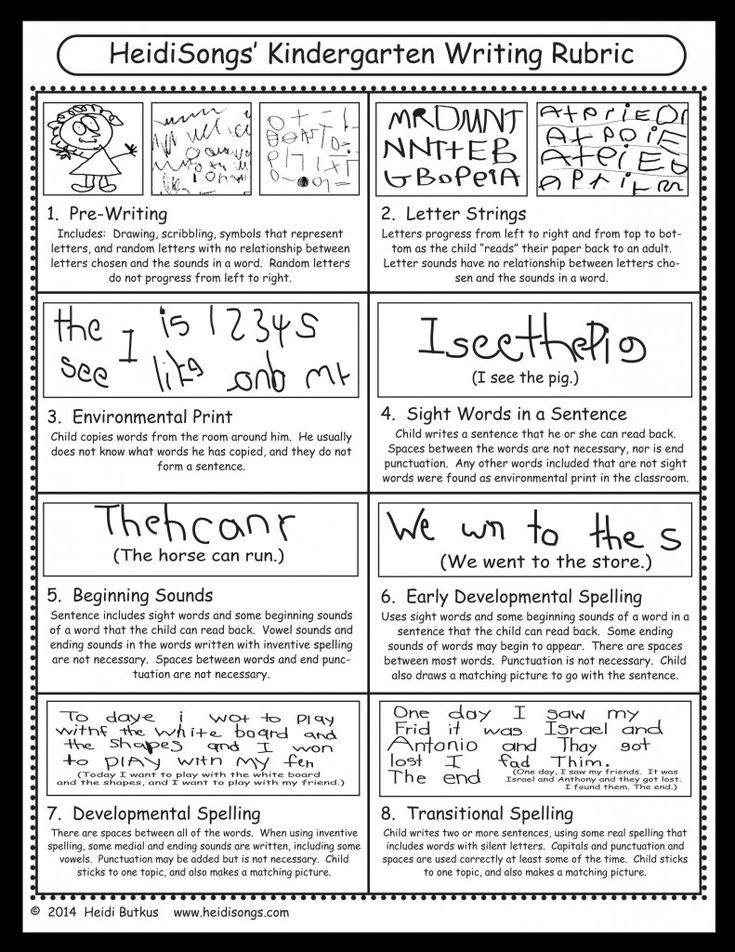
Advertisement
Beyond Invented Spelling
As young learners start to move beyond invented spelling to mastering correct spelling, your approach to helping them build skills will need to change. Get ready to help your little learners build on their earliest spelling and writing skills. Start by learning how to teach sight words by grade level. Then, get ready to share fundamental spelling rules for everyone to know. Use fun spelling activities to help young learners build strong skills they'll be able to expand upon over time.
Staff Writer
- elementary school
- kindergarten
- preschool
Related Articles
Teaching Spelling in 1st Grade: Simple & Fun Ideas
By 1st grade, students are just learning how to read and write, let alone spell.
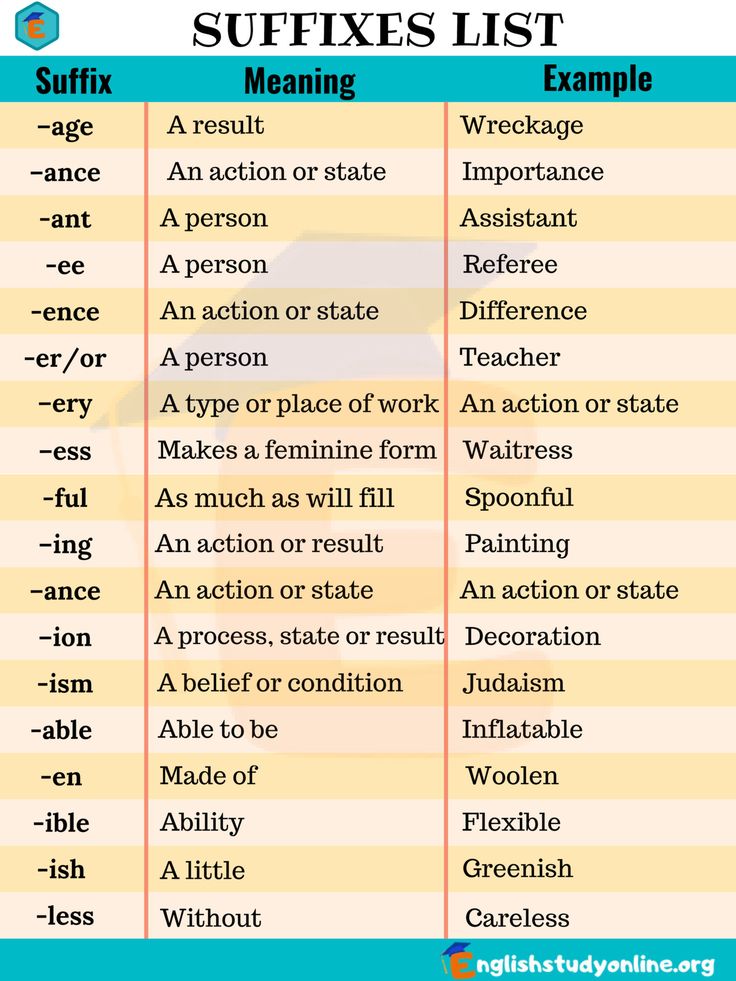 But this year is a foundational spelling year because it transitions 1st graders into different spelling strategies. If you do right by your first graders, they'll be on their way to being grammarians and spelling bee champions in no time. Keep reading for conventional spelling and phonetic spelling ideas on how to teach spelling words in 1st grade.
But this year is a foundational spelling year because it transitions 1st graders into different spelling strategies. If you do right by your first graders, they'll be on their way to being grammarians and spelling bee champions in no time. Keep reading for conventional spelling and phonetic spelling ideas on how to teach spelling words in 1st grade.Teaching Spelling in 3rd Grade: Best Ways to Make it Fun
By 3rd grade, students are moving away from techniques like invented spelling and phonetic spelling. They should know how to spell high-frequency words, spelling list words and unfamiliar words with a variety of different techniques — and those techniques can be fun! Keep reading for the best ways to teach spelling in 3rd grade.
Why Invented Spelling Matters - We Are Teachers
Topic: English Language Arts Grades: Kindergarten:
Invented spelling is a valuable stepping-stone on the literacy journey.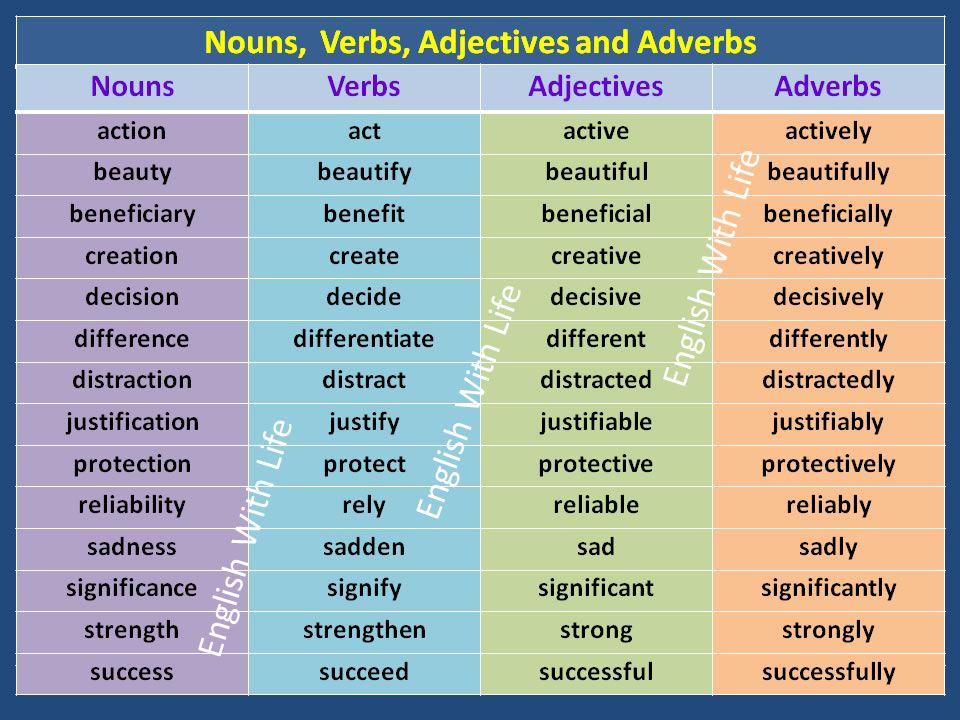
I’m a literacy specialist and the mother of a kindergartner. Therefore, I pay close attention to my daughter’s writing development. In less than a year’s time, I’ve noticed my daughter has evolved from telling a story in pictures to telling a story with pictures and words. As a result, she uses invented spelling with many words when she writes.
The mom in me wants my child to spell words correctly. However, the educator in me realizes she’s taking what she hears in speech and representing it in print. My daughter demonstrates what she knows about letter sounds and phonemic awareness when she invents the spelling of words. While she uses a word wall to help spell the “everywhere words” her class has learned, she makes her best attempt to represent the sounds she hears when she’s spelling everything else on paper.
Invented spelling is an analytical process.
In the early 1970s, a researcher named Charles Read asserted that young children’s attempts at spelling words were not displays of ignorance.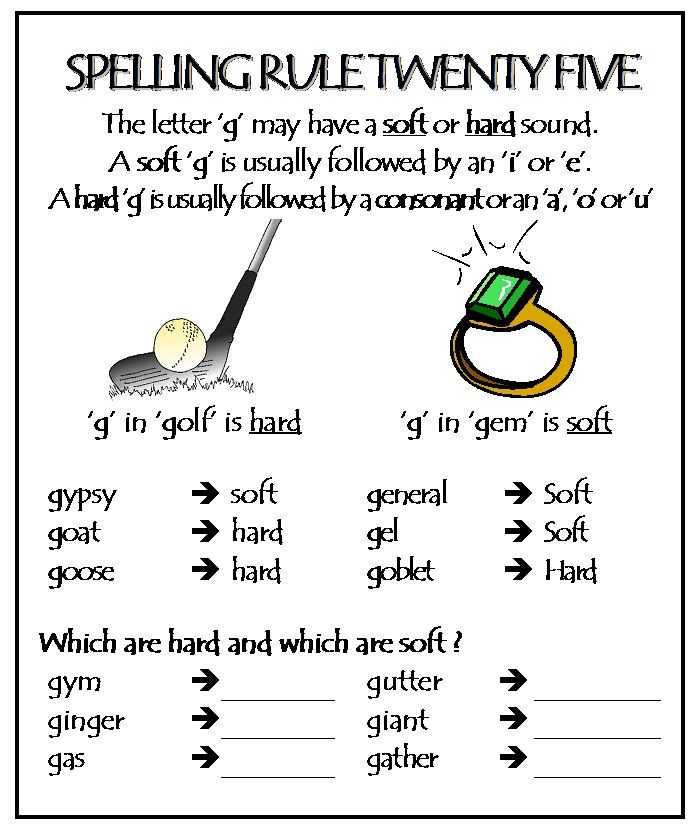 Rather, they were windows into each child’s word knowledge. Read coined the term “invented spelling,” which refers to the way a child spells words that aren’t stored in his/her memory phonetically. Earlier this year, Gene Oulette and Monique Sénéchal published a study on invented spelling. In it they state that “Allowing children to engage in the analytical process of invented spelling, followed by appropriate feedback, has been found to facilitate learning to read and spell, not hamper the process.” That’s right, we help students’ future success as readers by giving them the freedom to invent their own spellings when they write.
Rather, they were windows into each child’s word knowledge. Read coined the term “invented spelling,” which refers to the way a child spells words that aren’t stored in his/her memory phonetically. Earlier this year, Gene Oulette and Monique Sénéchal published a study on invented spelling. In it they state that “Allowing children to engage in the analytical process of invented spelling, followed by appropriate feedback, has been found to facilitate learning to read and spell, not hamper the process.” That’s right, we help students’ future success as readers by giving them the freedom to invent their own spellings when they write.
We need to encourage risk-taking in our young writers.
Encouraging invented spelling allows children to take risks. We must praise emerging writers for their spelling attempts rather than punish them for not getting it right. Remember, invented spelling isn’t an “anything goes” approach. Conversely, it’s a necessary stage to develop the proficiency as a competent and confident writer.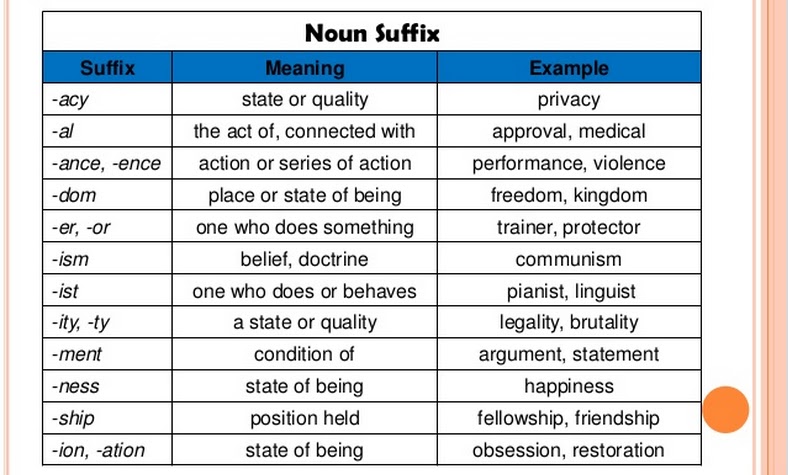
As kids move on through the primary grades, it’s important to teach them the difference between sloppy spelling (i.e., misspelling words they already know) and taking risks to try to spell new or less frequently used words. One way we can do this is by emphasizing using the most accurate spelling possible at all stages of the writing process rather than saving the fixing of spelling errors until they are polishing a piece for publication.
For a short while, invented spelling can be an appropriate strategy.
There is a point at which an invented spelling becomes a permanent misspelling. As children advance in school, we need to be observant about frequently misspelled words in children’s writing. Diane Snowball and Faye Bolton state: “If a child is beyond the phonetic stage of spelling and consistently spells went as whent or they as thay, you probably need to step in, particularly if it is high-frequency words that are being misspelled.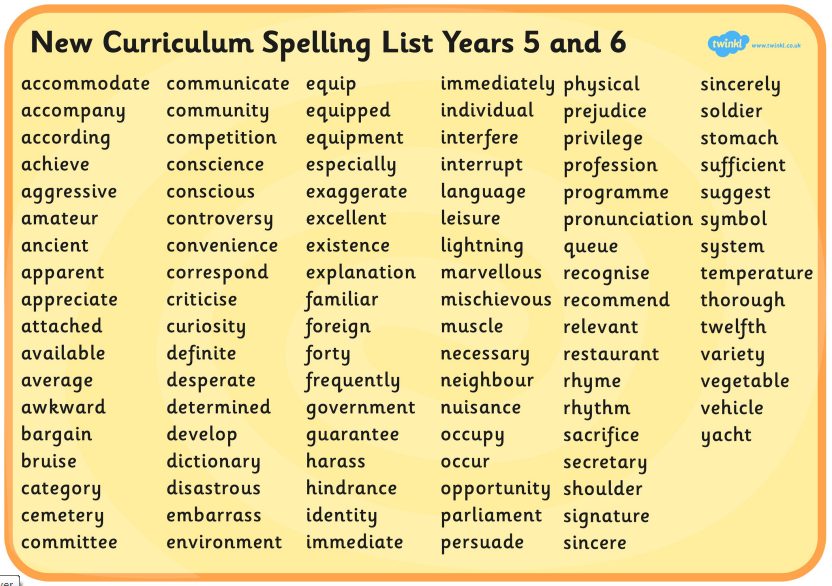 ” It will take practice and time to master the correct spelling of the word. But eventually, the correct spelling will become automatic.
” It will take practice and time to master the correct spelling of the word. But eventually, the correct spelling will become automatic.
In The Art of Teaching Writing, second edition, Lucy Calkins posits that “Our students need to realize that it’s okay to make editorial errors as they write; all of us do, and then we correct them as we edit. Although it’s important to teach our students to edit, probably the single most important thing we can do for their syntax, spelling, penmanship, and use of mechanics is to help them write often and with confidence.”
Let’s give our youngest writers the space they need to write with confidence.
Instead of worrying about conventional spelling, let’s praise children for their spelling attempts. There will be plenty of time for them to master conventional spelling in the years to come. For now, let’s put students on a path to success. Allow them to show us what they know about alphabetic knowledge and phonological awareness.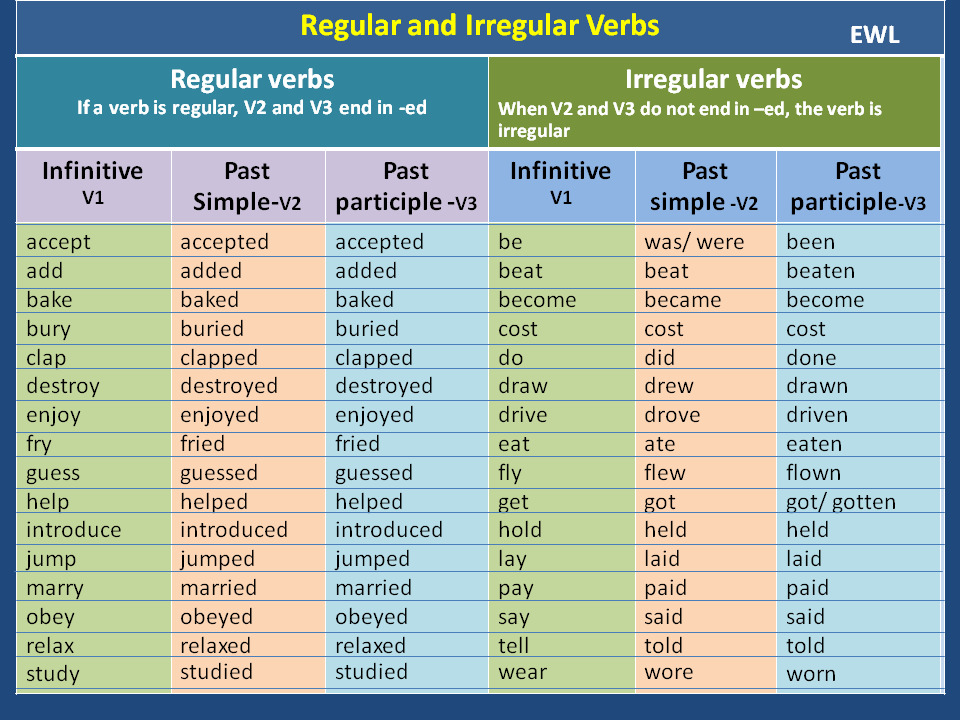 Give them the freedom to invent their own spellings.
Give them the freedom to invent their own spellings.
Educational program on pre-revolutionary spelling
Publications of the Education section
The Russian language has been formed and changed over the course of many centuries. In 1708, by order of Peter I, the first civil font was created, which simplified the Old Russian spelling, and almost half a century later, Mikhail Lomonosov introduced the Russian Grammar and consolidated the norms of the literary language. The next large-scale reform took place in 1918 - it changed the spelling and brought it closer to modern. To the Day of the Russian Language, which will be celebrated on June 6, , we asked the Associate Professor of the Department of General and Russian Linguistics of the State Institute of the Russian Language. A.S. Pushkin Roman Telpov to tell what Russian spelling was before this reform. Find out how "ѣ", "i" and other strange pre-revolutionary letters were used.
Herodias and Julia
There were 35 letters in the pre-revolutionary alphabet. It included several letters that are absent in the modern Russian alphabet: "i", "ѳ", "ѵ" and "ѣ". "i" was called "and decimal" : in the Church Slavonic alphabet it was used to denote the number ten. In pre-reform orthography, "i" was traditionally written before letters denoting vowel sounds - including before "y", which was considered a semivowel: Jehova, Herodias, Julia.
The question of simplifying Russian spelling by eliminating one of the letters that served to designate the sound [and] arose quite a long time ago - in the 18th century. However, at that time a more suitable candidate for abolition was the familiar “and” (and octal) . Vasily Trediakovsky, a famous philologist, poet and translator, proposed to exclude this letter from the alphabet. He believed that the new Russian alphabet should look more like the Latin, and not the Greek alphabet, since it was for this purpose that it was invented and introduced into life under Peter I.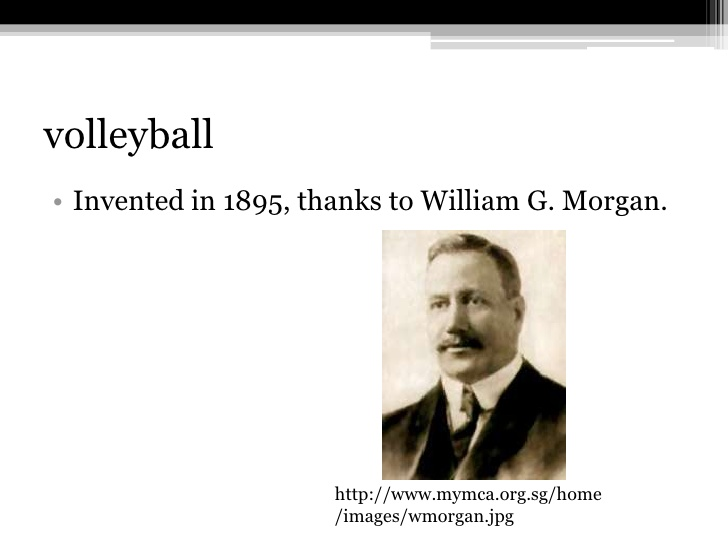 In the presence of doublet letters (letters used to convey one sound) Trediakovsky advised using "s" instead of "z", "o" instead of "ω" and so on. However, his ideas did not meet with mass support, because they were too innovative for that time. Therefore, the letters "i" and "i" continued to coexist for more than a hundred years.
In the presence of doublet letters (letters used to convey one sound) Trediakovsky advised using "s" instead of "z", "o" instead of "ω" and so on. However, his ideas did not meet with mass support, because they were too innovative for that time. Therefore, the letters "i" and "i" continued to coexist for more than a hundred years.
"Catholic" vs "Catholic"
Albert Anker. Village official (Village clerk) (detail). 1874. Private collection
Due to the close connection with the church tradition, and through it with the Greek language, the letters "Ѳ" (fita) and "ѵ" (izhitsa) also lingered in the Russian alphabet for a long time. Fita was used in proper names (Tadjei, Bartholomew, Thomas), as well as in words that related to church life (akathist, anathema, etc.). Even the official name of the Orthodox Church of Russia was written as the "Greek Catholic Church", which, by the presence of the letter "ѳ", was opposed to the Roman Catholic Church.
For similar reasons, the letter “v” was also fixed in the Russian alphabet, which was present in such words as “mѵro”, “postas”, “snod”. It was the last word, which served as the name of the highest church organ, that appeared on the pages of official documents of the highest order and ensured the long use of the letter “v”, despite its complete sound identity with “i” and “i”.
Ѣ - boundary post of Russian spelling
Alexander Benois. Alphabet in pictures. Page with the letter Ѣ. 1904. Publishing House Expedition for Procurement of State Papers, Moscow
Alexander Benois. Alphabet in pictures. 1904. Publishing house Expedition for procurement of state papers, Moscow
Alexander Benois. Alphabet in pictures. Page with the letter I. 1904. Publishing House Expedition of Procurement of State Papers, Moscow
The most difficult letter that for many years separated those who studied well at school from everyone else was the letter "ѣ" (yat) . To understand the rules of its pronunciation, it was necessary not only to memorize a poem about how “white, pale, poor demon / Ran hungry into the forest” , but also to know a huge number of subtleties associated with the use of yat in single-root words and identical or similar morphemes.
To understand the rules of its pronunciation, it was necessary not only to memorize a poem about how “white, pale, poor demon / Ran hungry into the forest” , but also to know a huge number of subtleties associated with the use of yat in single-root words and identical or similar morphemes.
Why, for example, was the word "speech" written with a "ѣ" and "speech" with an "e"? "Fly" had to be written through "e", and "fly" through "ѣ"? The names Alexei, Eremei, Matvey, Sergey were written through "ѣ", and Haggai, Amilei, Asmodeus, Andrey and Timothy - through "e"? "Svirl" and "April" - through "ѣ", and "cradle", "font", "death" and "abode" - through "e"?
In ancient times, the letter "ѣ" denoted a closed tense sound, the middle one between [i] and [e]. The Russian language still has dialects with this sound, which apparently included the dialect of Mikhail Lomonosov, who could accurately distinguish "ѣ" from "e" and then gave him a place in his grammar. As a result, yat forever became a symbol of pre-revolutionary Russian spelling, which separated literate people from illiterate people.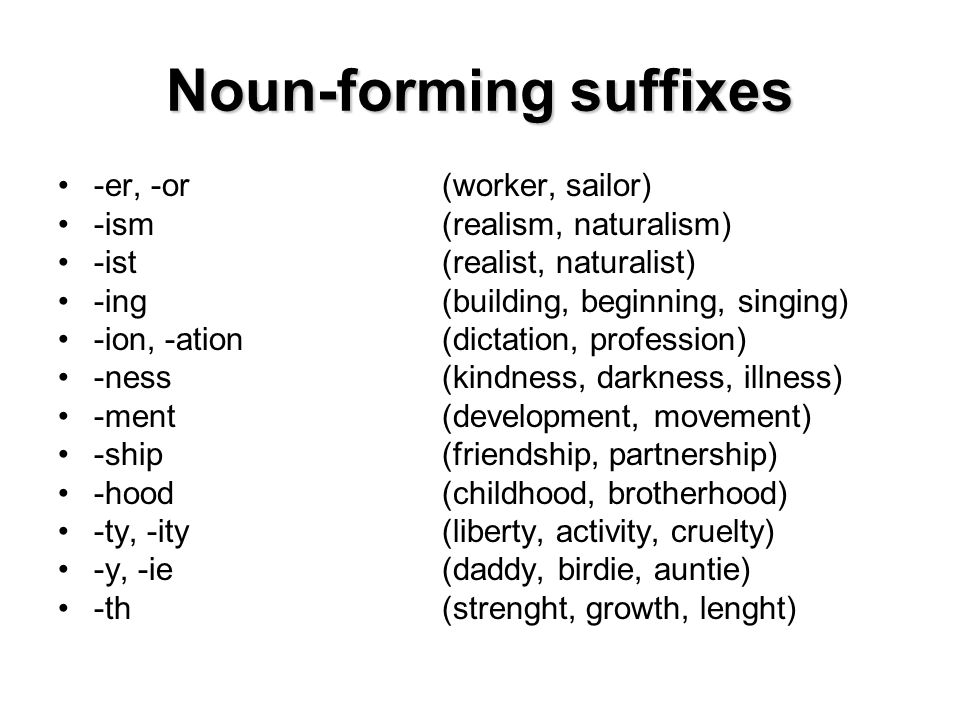
He also helped to indicate the generic differences of words in plural forms. For example, "they" and "alone" were used exclusively in relation to men, and "he" and "alone" - only to women.
Read also:
- Mysteries of the Maya: how a Soviet scientist deciphered the language of an ancient civilization .A.S.Sh.
Not only the presence of special letters distinguishes pre-revolutionary Russian spelling from the modern one, but also a different use of some letters, for example, "b" (er) . In the old days, all words, except for those that ended in a soft sign or a vowel, were written with "ъ" at the end.
Words in pre-revolutionary Russian orthography more often retained double consonants inherited from the original language - with double consonants, for example, the words "corridor" and "gallery" were written. Prefixes were often kept in their original form - without voicing or stunning: "tell", "ask".
More often than now, dots were used: they ended headings and abbreviations, which were not so numerous as in Soviet times.
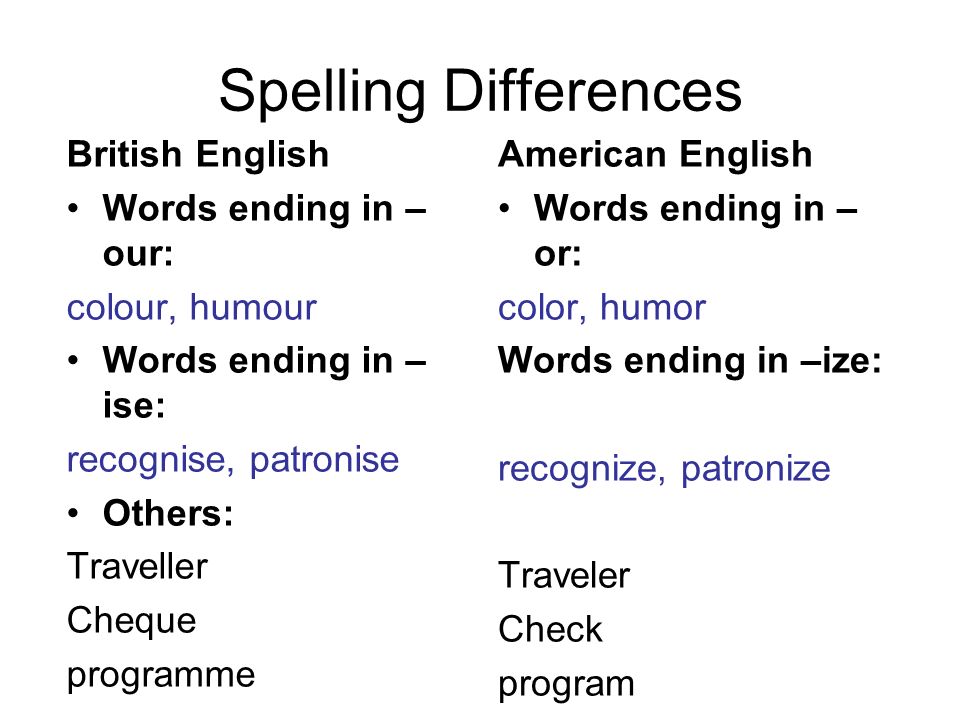 For example, dots separated the abbreviated old name of the North American state - S.A.S.Sh. (North American United States).
For example, dots separated the abbreviated old name of the North American state - S.A.S.Sh. (North American United States). Russians and Persians
Orest Kiprensky. Portrait of Alexander Pushkin (detail). 1872. State Tretyakov Gallery, Moscow
Konstantin Somov. Portrait of Alexander Blok (detail). 1907. State Tretyakov Gallery, Moscow
Ivan Koehler-Viliandi. Portrait of the philologist Jacob Grot. 1899. Institute of Russian Literature (Pushkin House) of the Russian Academy of Sciences, St. Petersburg
Capital letters were used much more often in pre-revolutionary spelling, which caused rejection among some philologists of that time. For example, academician Yakov Grot, a famous champion of the purity of the Russian language, wrote about this: "In our time, everywhere there is a desire to limit as much as possible the variegation of writing, which comes from capital letters" . It was generally accepted and mandatory to capitalize words that convey concepts related to God (Lord, Trinity, Almighty, Savior) and the tsar - not only all the titles of the Russian emperor, but also the titles of all members of the reigning house in Russia: Heir, Tsarevich and other.
 The names of peoples were also written in large letters: Russians, Persians, Indians.
The names of peoples were also written in large letters: Russians, Persians, Indians. Sometimes the capital letter played the role of quotation marks. For example, according to this rule, the names of the ships were written: Derzhava, Orel, Glory to Russia, Agile.
First tears of love
After the revolution, the ending -yya in the genitive plural of feminine adjectives disappeared from the Russian language. It was present in one of the lines of Alexander Blok's textbook poem "Russia":
After the reform of 1918, the ending -ыя was replaced by -ы and the genitive case became nominative. Blok's line was translated "like the tears of the first love", although it would be correct to write it "like the tears of the first love", but in this form it did not correspond to the metric of the poem.
So the reform of the language was not a simple deletion of eras and yati, but a profound change in the system of Russian writing, which turned out to be consonant with the changes in the entire way of life in our country.

Talked Ekaterina Tarasova
Tags:
Pre -Revolutionary Russia -Russian Language of the Department, Education
25 The most common errors in the Russian, which do not stop annoying
,This list of words, we collected this list of words in the comments of social networks. If desired, it can be turned into an instrument of torture for philologists. Just sit down in front of a person who looks like a Grammar Nazi and read the wrong options. But if there are no jokes, then sometimes making mistakes is normal. Even the most literate people can get confused in these words.
Correct: at first everyone was silent
At first, learn to distinguish one part of speech from another. As soon as you master this magic, then immediately minus one embarrassing mistake. "At first" is an adverb (when? - at first everyone was silent), and "at first" is a noun with a preposition (for what? - at the beginning of the text, I did not understand what this article was about).
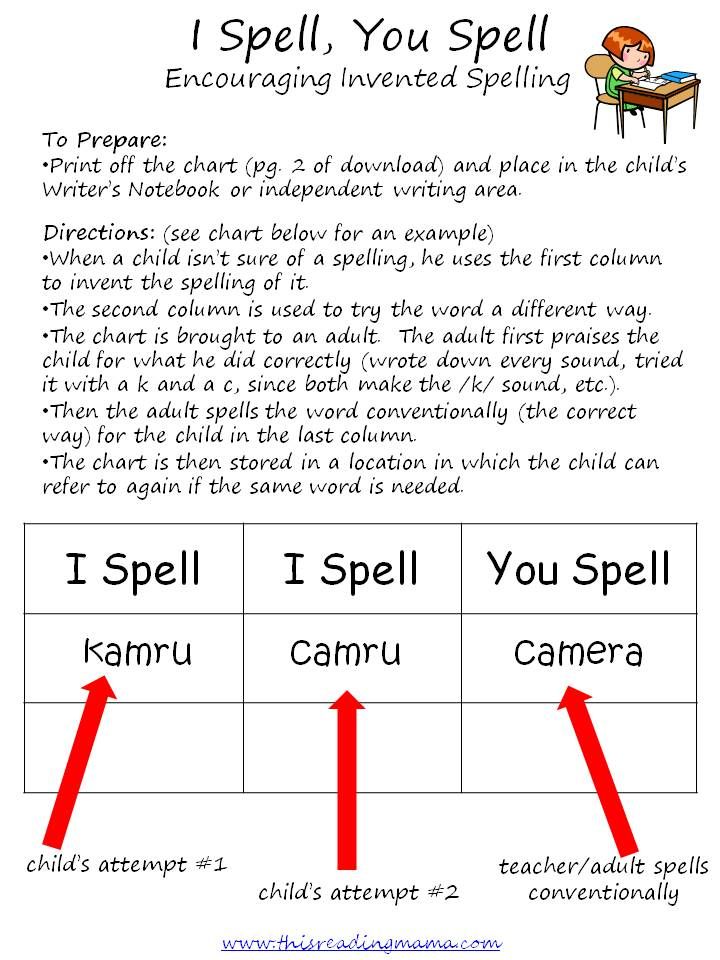 One by one you cannot recognize these words, but from the context it is easy to guess how to write correctly. Keep in mind that "at first" is the colloquial version of the adverbs "at first" and "at first". Don't abuse.
One by one you cannot recognize these words, but from the context it is easy to guess how to write correctly. Keep in mind that "at first" is the colloquial version of the adverbs "at first" and "at first". Don't abuse.
Correct: paid
You might think that this is how the dialect “okanye” manifests itself, but no. The first rule: in no case do not write or say "paid". The second rule is not to confuse the paronymic verbs "pay" and "pay", which have the same root "payments". We use the verb "pay" when we talk about what they pay for (but without pretexts!): pay for studies, travel, goods. “Pay” comes into play when we are going to say what exactly they are paying: to pay taxes, a fine.
Correct: instead of
The difference is two (one?) letters, and the result is obvious. “In place of” and “instead of” are adjacent in dictionaries and mean the same thing, that is, they are synonyms. The point is in style: “instead of” is a vernacular that is not recommended to be used even in colloquial speech.
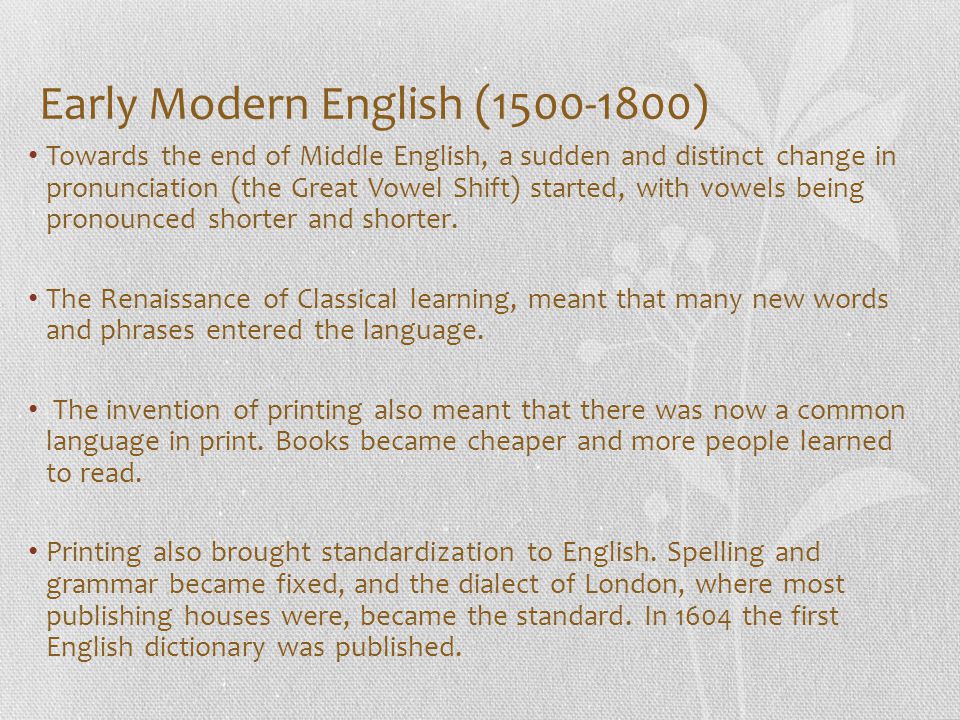 But it is easy to turn it into a literary word: just say "instead of". Profit!
But it is easy to turn it into a literary word: just say "instead of". Profit!
Correct: put
The pain of Grammar Nazis and all those who are not indifferent. You can put it, you can put it, but you can't lay it down. The verb "lay" is used only with prefixes ("put", "report", "lay"), and "put", on the contrary, without prefixes. If you decide to “put it down”, then it’s not worth it either, please.
Correct: flowing
From the creators of "cries", "bakes", "wave" and "win" (a complete list of non-existent verbs is at the link). Verb conjugation is not as complicated as it seems. But it is precisely in this rule that they are consistently mistaken. In general, there are not so many verbs that end in -ech: burn, bake, lie down, flow. And in conjugation they have an alternation in the suffix: "g" and "k" to "g" and "h". For example: I flow, you flow, he flows, we flow, you flow, they flow.
Correct: theirs, his
If we talk about generally accepted rules, then of course there is no “theirs”, “evonian” and even “einian”, of course.
 To indicate belonging to a third person in the singular and plural, it is correct to use the pronouns "their", "his" and "her". And if someone tries to convince you that even the classics used this form, nod. They really used it, but the language is changing. Today “theirs” and “evonian” are colloquial forms and blunders.
To indicate belonging to a third person in the singular and plural, it is correct to use the pronouns "their", "his" and "her". And if someone tries to convince you that even the classics used this form, nod. They really used it, but the language is changing. Today “theirs” and “evonian” are colloquial forms and blunders.
Correct: in general, in general
“In general” occurs so often that you no longer have the strength to rage and try to explain: there is no such word in the Russian language. Yes, yes, it didn’t seem to you: there is no such word - “in general”. Instead, there are two similar adverbs "in general" and "in general", which some people like to combine. This is also evidenced by more than 20 million (!) queries for the word "in general" in Google. And catch a good cheat sheet - thanks to good people for it.
Correct: my birthday
Birthday is a really sad holiday. As soon as they don't bully him! And "birthday", and "birthday", and "happy birthday", and even "happy birthday".
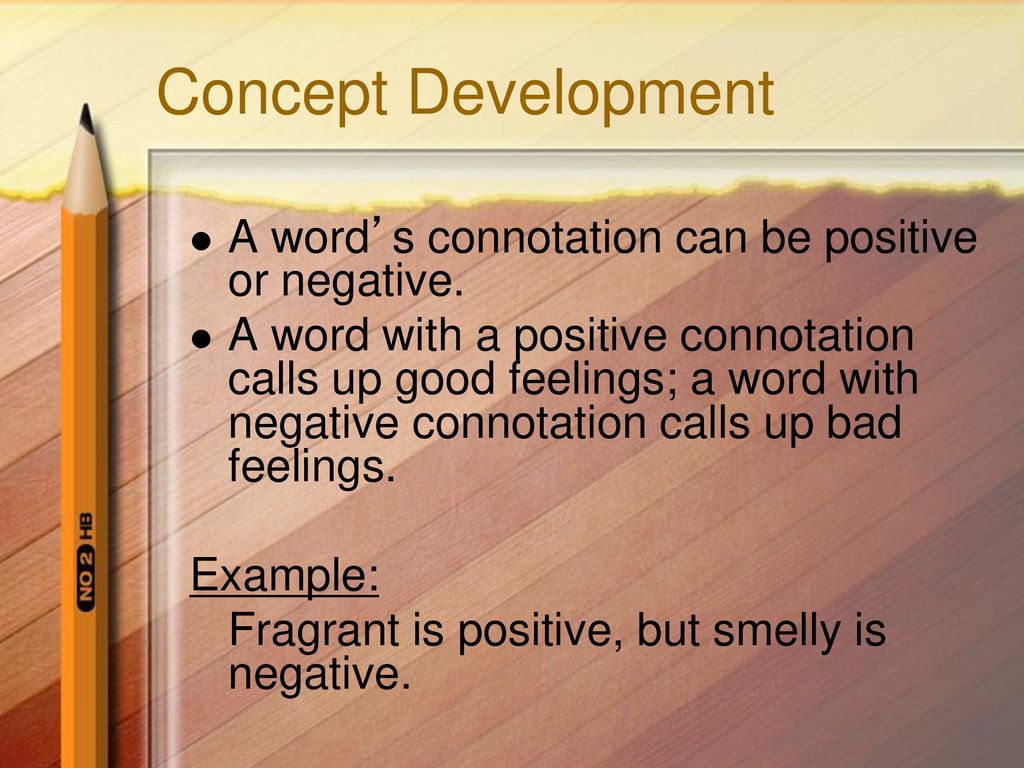 All wrong. “Birthday” is a stable expression in which the main word “day” is inclined, and the dependent word “birthday” remains unchanged: let's go to your birthday party, congratulations on your birthday, dad's birthday. And forget about the neuter gender.
All wrong. “Birthday” is a stable expression in which the main word “day” is inclined, and the dependent word “birthday” remains unchanged: let's go to your birthday party, congratulations on your birthday, dad's birthday. And forget about the neuter gender.
Correct: goodbye
Learn how to say happy birthday correctly, and then immediately take up a competent farewell. Goodbye, goodbye, goodbye, goodbye. The problem is identical, and the solution is the same: you need to correctly ask the question to the main word. Before - what? - Goodbye. Another question, to be honest, you can't ask. And if you meet the option “goodbye”, it’s too early to call an ambulance for linguistic help: such an ending is acceptable, but in colloquial speech.
Correct: awake
When awake, you can write anything. It’s better to cheer up before important letters and messages in messengers. And then open the spelling dictionary and look for what's with the adverbs.
 True, everything is ambiguous with them: some want to be written exclusively together, others prefer separately, and still others require a hyphen. Most adverbs just need to be memorized. Today, let this adverb be “awake” (the rest are here).
True, everything is ambiguous with them: some want to be written exclusively together, others prefer separately, and still others require a hyphen. Most adverbs just need to be memorized. Today, let this adverb be “awake” (the rest are here).
Correct: like
A favorite parasitic word that is very (VERY) misspelled by many - “like”. The social network VKontakte proves it, which even invented an algorithm for parasitic words and common mistakes for last year's Total Dictation. The word "type" can act as an interjection, a particle (synonymous with "like"), and even a meaningless parasitic word. For example: "Are you a Grammar Nazi?" “Yeah, sort of.” That is, he looks like a Grammar Nazi, but he did not fully understand.
Correct: bend
A literate person should have no doubts. There is only one correct option - "bend over", without any exceptions or style marks. So any joint you "bend" and not "bent", even if the orthopedist, fitness trainer or your grandmother says otherwise.
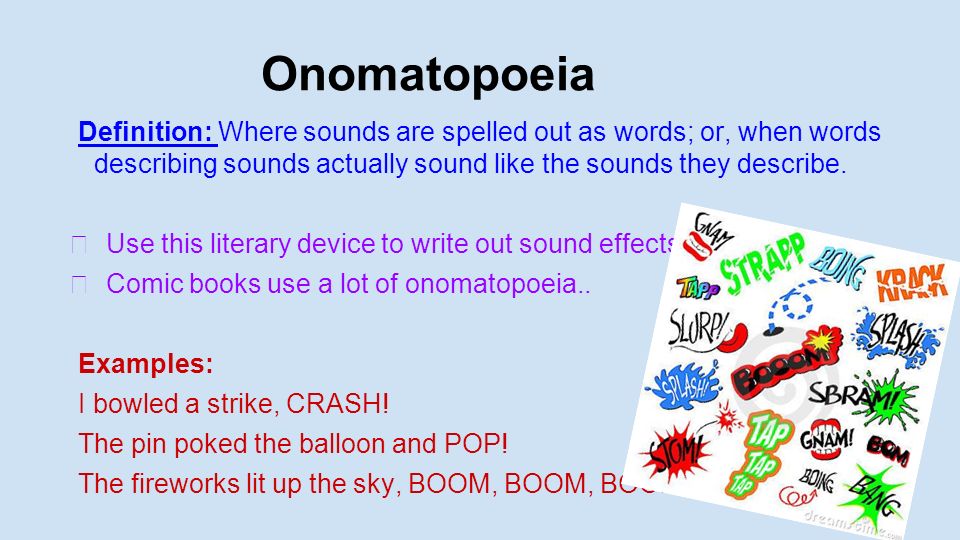
Correct: future
Next, future... Oh, it seems we got everything mixed up. In the "next" the letter "u" is missing, and in the "future", on the contrary, it is not needed. You can remember it like this: “I follow” - “next”, “I will” - “future”. Remember? Great, let's move on.
Correct: hardly
Stop doubting. And not only in writing a particle, but in general in everything. To become a little more confident (at least in Russian), remember: "hardly" and "hardly" are always written separately. Even if on the Internet at every step it’s “hardly”, “hardly”, “hardly” and a dozen different options. If you can't remember, remember Bruce Lee. His name will tell. And his appearance will hint that you should not make mistakes. Be like Lee.
Correct: in the sense, in principle
Almost 2 million (!) results in Google for the query "meaning". And that is not all! More than five million (!) results for the query "in principle".
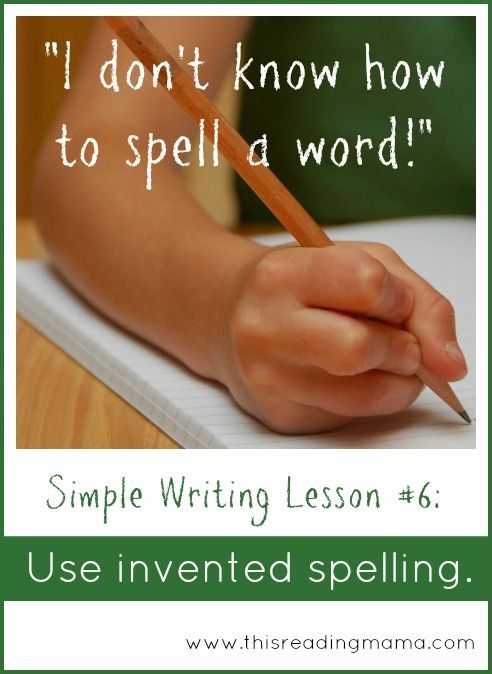 To enhance the effect, let's say that both of these adverbs are written separately. Is always. Under any conditions. In various offers.
To enhance the effect, let's say that both of these adverbs are written separately. Is always. Under any conditions. In various offers.
Correct: come
We write "go", but when it comes to the word "come", everything changes. This is because the verb "to go" was written as "itti" a long time ago. What a long time ago - back in the 50s, according to the old rules, the word "come" as soon as they did not write: "come", "go", "come". Now, fortunately, there is only one form left. Hallelujah!
Correct: ice cream
An insidious delicacy that catches even truly literate people on a mistake. When pronouncing a word to ourselves, we seem to pronounce a double "n", but this should not be in a letter. "Ice cream" is a noun formed from the imperfective verb "freeze", written with one "n". The appearance of "nn" is possible only if the verb "freeze" turns into an adjective with dependent words or a participle. For example, "frozen Westeros".

Correct: participate
Participate, participant, participate - something is wrong and hurts the eye a little, right? This is because the word "participate" has two "in", not three. Don't try to set a record. Here you can remember “feel”, which some write as “feel”. The effect is the opposite: the letter was not pronounced, and therefore is not needed.
Correct: too much
Separate or together? "S" or "z"? There are too many questions for this adverb. Perhaps because it means degree and measure. In theory, “through the Chur” can be used in this form if you are telling someone about your exciting adventures related to crossing the Chur River in Udmurtia. If not, write "too much" in all other cases.
Correct: girls
“Boys and girls and their parents! Do you want to see funny stories? While you are nostalgic for Yeralash (read this text), we will analyze another common mistake. A girl turns into a girl with the help of the suffix "onk".
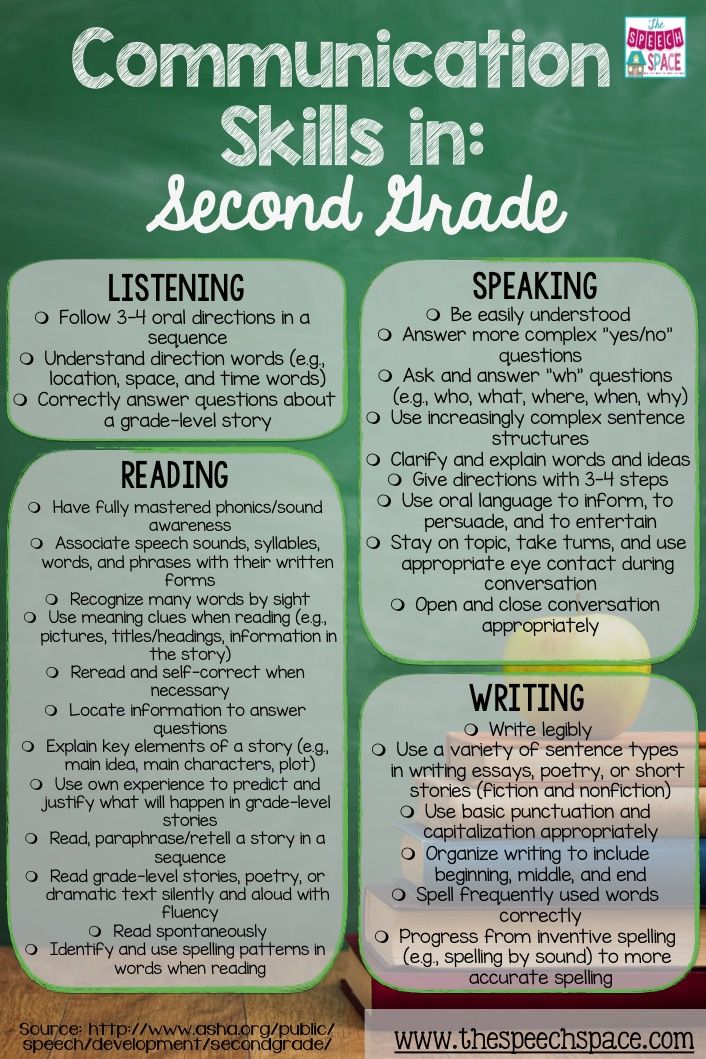 Another hint from school: write “o” under stress, “e” without stress. There can be no third option.
Another hint from school: write “o” under stress, “e” without stress. There can be no third option.
Correct: call us?
A monstrous mistake that has firmly stuck in our speech. Especially in the speech of those who live in small towns and villages. It would seem that everything is very simple. There is a test word - "call". Try to pronounce it with an emphasis on "o". Happened? So in the word "let's call" there can be no two opinions.
Correct: within an hour
If someone promised to answer you "within a day" - it's bad. You can definitely not wait for an answer on this day. And prepare in advance that there will be spelling errors in the letter, and it is not entirely correct to judge the letter by them (more precisely, it depends on the purpose of the letter). "In the course" - a combination of the preposition with the noun "current" (stream or river). "During" is a whole preposition associated with time intervals. In order not to make mistakes again, learn to select the right questions: if the words “during / during” cannot be asked the question “where?”, Then we definitely write at the end -e.

Learn more

